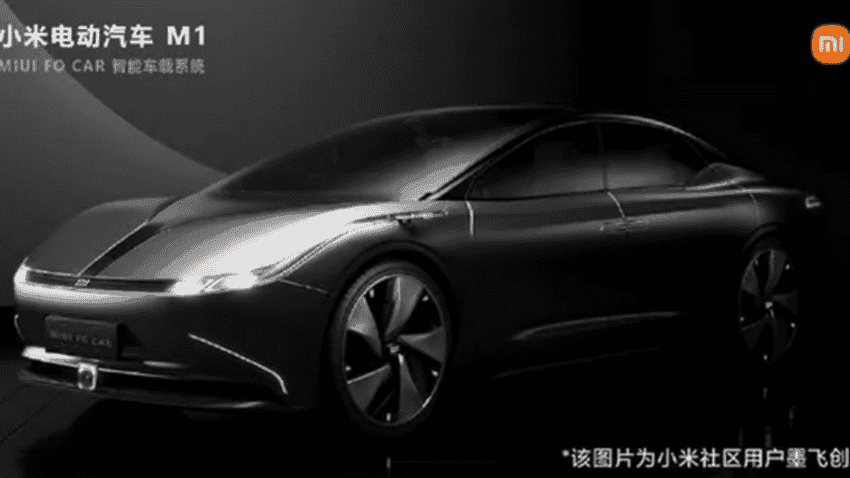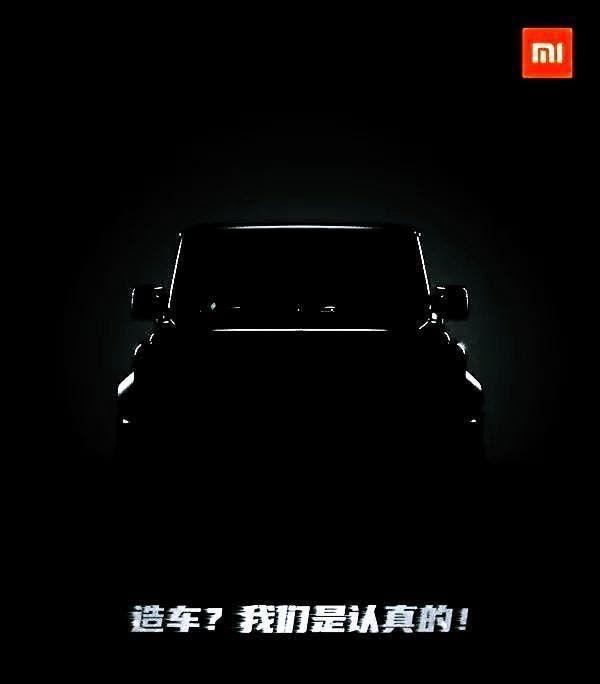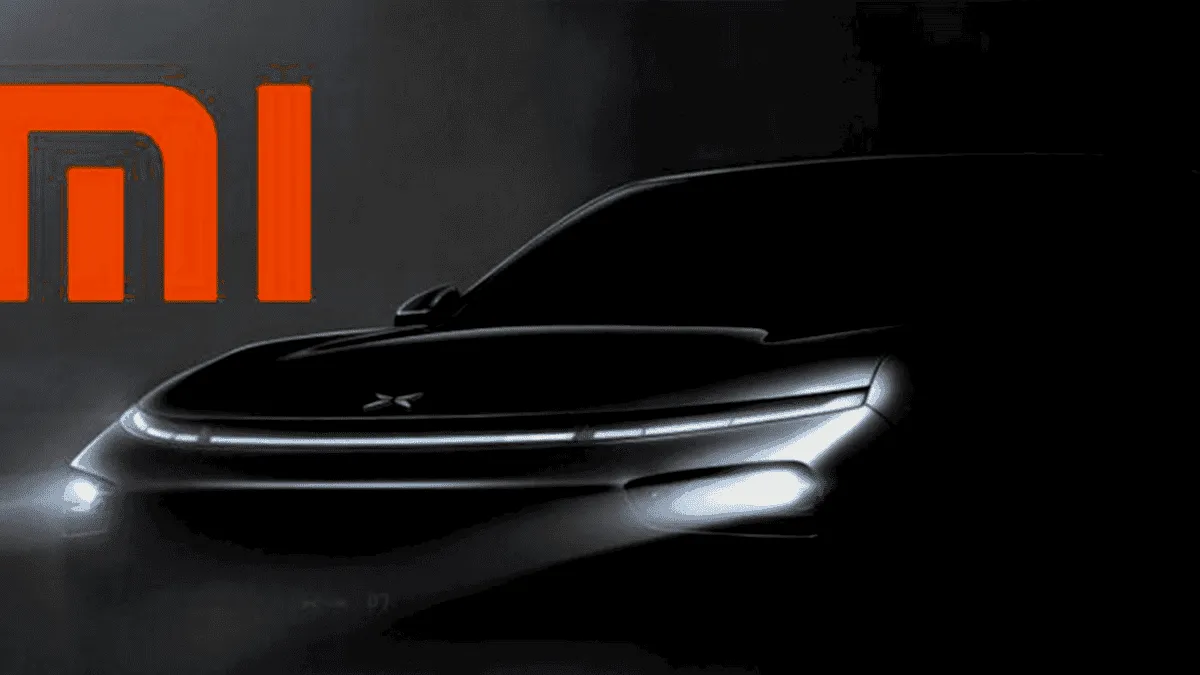Xiaomi's CEO, Lei Jun's annual speech on August 11 this year reveals some information about its car project. At the speech, the Xiaomi car project released a live video of the road test of its autonomous driving technology. The company claims that its autonomous driving technology has entered the testing stage. In the first phase, the company plans to test no less than 140 vehicles across China. However, it will be testing one vehicle at a time.

Today, the Xiaomi car project has made new progress in manufacturing. According to internal reports, there are delays in Xiaomi's attempt to obtain a license individually manufacture cars. To this end, the company is currently in talks with BAIC Group about co-producing electric vehicles, Bloomberg reports. At present, the two parties are exploring ways of cooperation, including Xiaomi's direct purchase of Beijing Hyundai's second factory. This factory already has a vehicle production license.
While Beijing Hyundai's second factory is older and needs major upgrades to produce electric vehicles, BAIC Blue Valley, a subsidiary of BAIC Group, may partner with Xiaomi and be responsible for producing Xiaomi vehicles, the report claims.
According to 21 Finance and Economics, an insider in the investor relations department of BAIC Blue Valley claims that there is no specific report regarding the Xiaomi car project. The Daily Economic Times claims that BAIC's response to this report is "I have never heard of this ."
Xiaomi finalizes battery suppliers
According to reports, the Xiaomi car project has two main battery suppliers, namely Ningde Times and BYD's Fudi Battery. These two battery companies are also the leading batteries in the Chinese new energy field. On the same day, Lei Jun showed the usage of intelligently summoning Xiaomi’s self-driving car on his Douyin account. Lei Jun clicked the one-key call of the relevant app on his mobile phone, and the Xiaomi self-driving car in the parking lot would drive automatically from B2 on the second underground floor.

In Lei Jun's new book "Xiaomi Entrepreneurship Thinking", Lei Jun claims that for Xiaomi, car building is the general trend, and there is no choice. At the same time, Lei Jun hopes to make a good car that can compete with all the current products of the same level first.
At the end of November last year, Xiaomi signed a contract with the Beijing Economic and Technological Development Zone Management Committee to build an automobile business headquarters base and sales and R&D headquarters in Yizhuang. The Xiaomi car project will build a car factory with an annual output of 300,000 vehicles. The announcement at the time said the plant would be built in two phases. The first and second phases each with an annual production capacity of 150,000 units. According to the company's schedule, Xiaomi's first car should achieve mass production in 2024. On March 30 last year, Xiaomi officially announced that it would join the car-making army with an initial investment of $1.5 billion and an estimated investment of $10 billion in the next 10 years.
Lei Jun: Xiaomi car project will make a good car
According to Lei Jun, the Xiaomi car project is also one of the most important decisions in Xiaomi's development history. It is the result of repeated demonstrations and careful decisions by the company's management. Starting from January 15, 2021, after 75 days and 85 industry visits and communications, in-depth exchanges with more than 200 senior automotive industry figures, 4 internal management discussions, and two formal board meetings, Xiaomi finally ushered in the most important meeting in Xiaomi's history. A major decision: to officially enter the smart electric vehicle market. Furthermore, the Xiaomi car project will be the last major entrepreneurial project in Lei Jun's life.
Lei Jun also said that the essence of electric vehicles is already a "consumer electronics" product, and "software-defined vehicles" will be the commanding heights of competition. At the same time, electric vehicles will also become a "triathlon" business model. If smart electric vehicles are "consumer electronics", they will inevitably follow the rules of the consumer electronics industry. When the industry enters a mature stage in 15 to 20 years, the world's top 5 brands will surely hold more than 80% of the share. In other words, it only makes sense to finally enter the top 5 in the global industry and ship more than 10 million units per year. It will be an extremely brutal competition.

Lei Jun's statement to the Xiaomi car team
Specifically, in the Xiaomi car project business, Lei Jun said to the team, "First of all, we are a newcomer who has just hit the road. Why should the first product be completely subverted? Can we ensure that we make a good car first? A good car that can compete with all the current products of the same level. To ensure this goal, we will consider the subversive part. Secondly, we need to understand who we are building the car for. Can we start with the most familiar part? Start with a group with market capacity, taking into account the pace of the group’s overall business.”
According to Xiaomi Group's financial report, Xiaomi Group’s innovative business expenses such as smart electric vehicles in this quarter were 611 million yuan ($89 million). In the field of autonomous driving, an elite R&D team of more than 500 people is available.
About BAIC
Founded in 1958, BAIC Group owns well-known companies and R&D institutions such as BAIC Motor, Changhe Automobile, BAIC New Energy, Beijing Hyundai, and Beijing Benz. In terms of products, the new HI version of the Polar Fox Alpha S under BAIC Blue Valley was launched on May 7 this year.






Place comments
0 Comments
You are currently seeing only the comments you are notified about, if you want to see all comments from this post, click the button below.
Show all comments